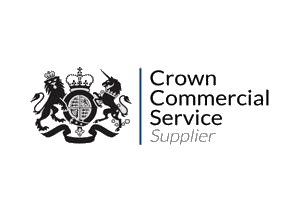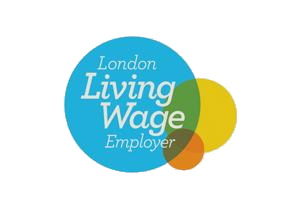It seems as though voters have retreated into their bunkers for the time being. The Government has scored no big foreign policy wins, the Opposition has notched no points to its political scorecard, and neither has shifted much in the polls.
The Labour lead in our last poll watch hovered at around 2-3%. It has now stabilised at 4%, and this will keep Starmer cheerful as Labour ramps up its attacks on the Government’s domestic record – notably the worsening of the cost of living crisis.
A ‘snap poll’ published after the Spring Statement on Wednesday gives a general impression of the public’s reaction to the announcements. 69% of voters believe that the statement does not go far enough to address the cost of living crisis, whilst just 6% think it has. 61% of Conservative voters agree it is insufficient, as do 80% of Labour voters – so the dissatisfaction transcends party lines. Conversely, the Chancellor’s announcement that fuel duty on petrol and diesel will be decreased by 5p per litre for the next year has been overwhelmingly popular, with 71% of voters supporting this decision.
Michela Morizzo of techneUK has said that “with the cost of living set to continue increasing, and many of those higher bills set to land in the coming days, Ministers should fear that the squeeze being faced by so many in their everyday lives will also translate to the Conservatives being squeezed politically.”
In this case, with fuel being the ‘hot topic’ at the moment, the support for the reduction in fuel duty may overshadow the other negative policies and result in no change for either party in the polls. Although, with local elections quickly coming up, expect the focus on fuel to feed into the much more heated debate on the cost of living.
Ukraine helps Johnson, Labour surge in Scotland
Meanwhile, the war in Ukraine has not had the ‘rallying’ effect that the Government might have hoped for. According to Opinium, 52% of British voters don’t believe the Government is doing all it can to help refugees from this war. For Boris Johnson, his approval rating has increased – though this seems a natural recovery from its historic depths in January and February.
YouGov finds Johnson 10% more popular than he was in early February. Opinium has found the same, though with a smaller 7%. Ipsos MORI has also shown the Prime Minister to have significantly recovered from his -46% approval in late January to -28% this week. Various sources indicate that Boris Johnson is regaining lost ground.
It is also worth noting that Sir Keir Starmer has not made much of an impact in the electorate’s perception of him. 42% have neither a positive or negative opinion – the highest since he took office. Starmer’s predecessor never received that high a level of ambiguity from the British public – an indicator that Starmer needs to go bolder on his policies.
Turning to Scotland; whilst there is no data examining Scottish voters’ preferences for a national general election, opinion polls for their own parliamentary election in 2026 could substantiate expected trends. Since ‘partygate’, Labour has pushed the Conservatives into second place, whilst the SNP stands firm at 46% at a constituency level, but at 34% at a regional list level – a notable decrease from May last year.
Based on this (and recognising that four years stand between now and Scotland’s next vote), the composition of the next Scottish Parliament would look like this:

Finally, based on UK-wide polling, the following results could be expected if an election were held today:

*Other accounts for the 18 seats in Northern Ireland, plus the Speaker’s seat.




